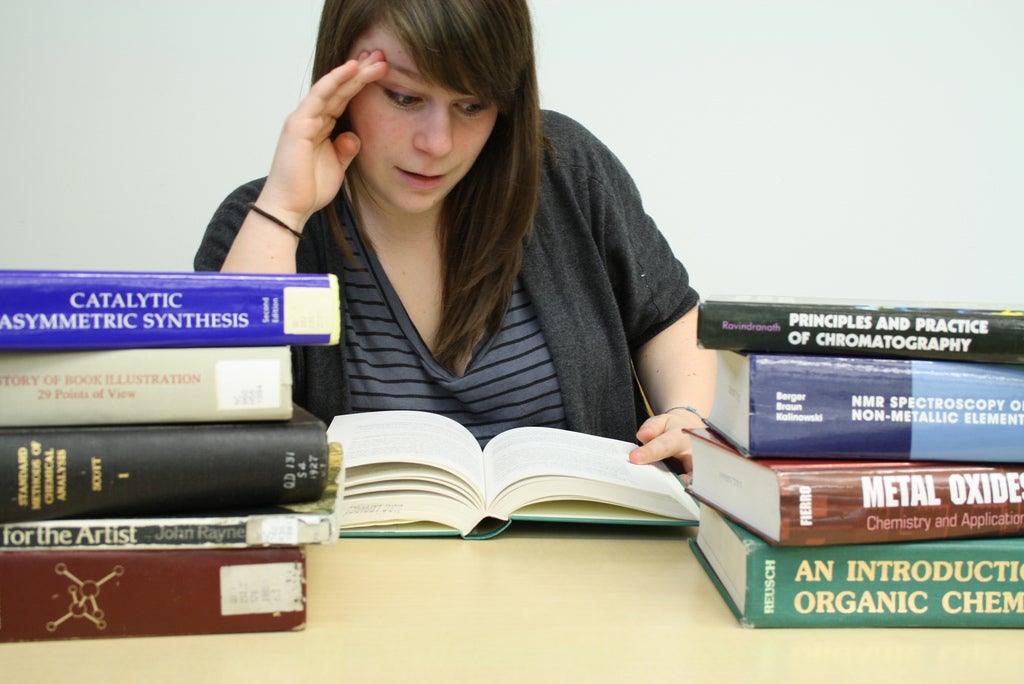Young people prepared to sacrifice ‘vital life skills’ to cope with exam pressures, study finds
Only 11% of parents feel well prepared to help their children in the coming academic year

Young people in the UK are under so much pressure to excel in exams that they’re sacrificing vital life skills, experiences, healthy relationships, and even their own happiness, warns new research.
The intergenerational study from the National Citizen Service (NCS) shows that, for 76 per cent of 15 to 17-year-olds, studying hard for good results is their biggest priority in the coming year for which they will cut out friendships, family time, hobbies, and even sleep to achieve this.
Just over half felt school work must come before anything else if they want to do well in the future, while only 39 per cent of this age group think being happy is more important than good grades.
Startlingly, just 16 per cent see trying to achieve a healthy balance between studying and socialising as a priority, yet only half believe they currently have that balance right, suggesting young people are struggling to juggle the demands of young adulthood.
The research also shows half of British parents believe their child should put school or college work before everything else if they want to do well in the future. Only 13 per cent of parents think their child spending time on hobbies and non-school interests is of importance, and 12 per cent think they should prioritise taking part in activities to help them develop practical skills for the future.
The research has being released as the new academic year starts and 15 to 17-year-olds are beginning GCSE or AS/A-level programmes of study, a time when 28 per cent of this age group say they feel anxious or nervous. One in ten girls have reported feeling scared, and just 13 per cent of 15 to 17-year-olds feel optimistic about the year ahead. Even parents are worrying; 28 per cent feel anxious about tackling the new academic year. Surprisingly, only 11 per cent of parents feel well prepared.
Natasha Kizzie, director of marketing at NCS Trust, described how the results have shown there is added pressure on parents to help guide their teens through “these challenging years.” She added: “We’re launching a campaign in the hope of highlighting the importance of trying to find a good life balance at an early age, and providing parents with expert tips and advice on how to help their teens achieve this.
“While it’s essential parents and teachers instil an understanding of the value of hard work for later success in life, it’s concerning that so many parents and teenagers are failing to recognise the importance of developing a healthy balance between school work and other activities that can develop broader skills for work and independent living.”
NCS’s conclusions are supported by the findings of a longitudinal study of young people published by the Department for Education (DfE) which identified how Year 10 students in 2014 held a distinctly “work focused” attitude, more so than that held by their counterparts in 2005. The DfE paper also indicated the mental wellbeing of the students surveyed - particularly that of girls - had worsened over the ten-year period.
Professor Tanya Byron, child and adolescent clinical psychologist, highlighted how many teens want to work hard and do well for themselves academically, which is to be celebrated. However, she added: “It is also worrying to find they view this with such anxiety in terms of their future success, that they are prepared to do this at the expense of other developmentally crucial activities.
“We cannot allow our children and young people to prioritise their IQ over their EQ [emotional intelligence]. Building EQ is fundamental for emotional and psychological well being in order to give our younger generation the skills to navigate the developmental and social demands placed on them within a competitive and, at times, anxious and uncertain world.”
Visit the NCS site for more informaion on how to get involved
Join our commenting forum
Join thought-provoking conversations, follow other Independent readers and see their replies
Comments
Bookmark popover
Removed from bookmarks